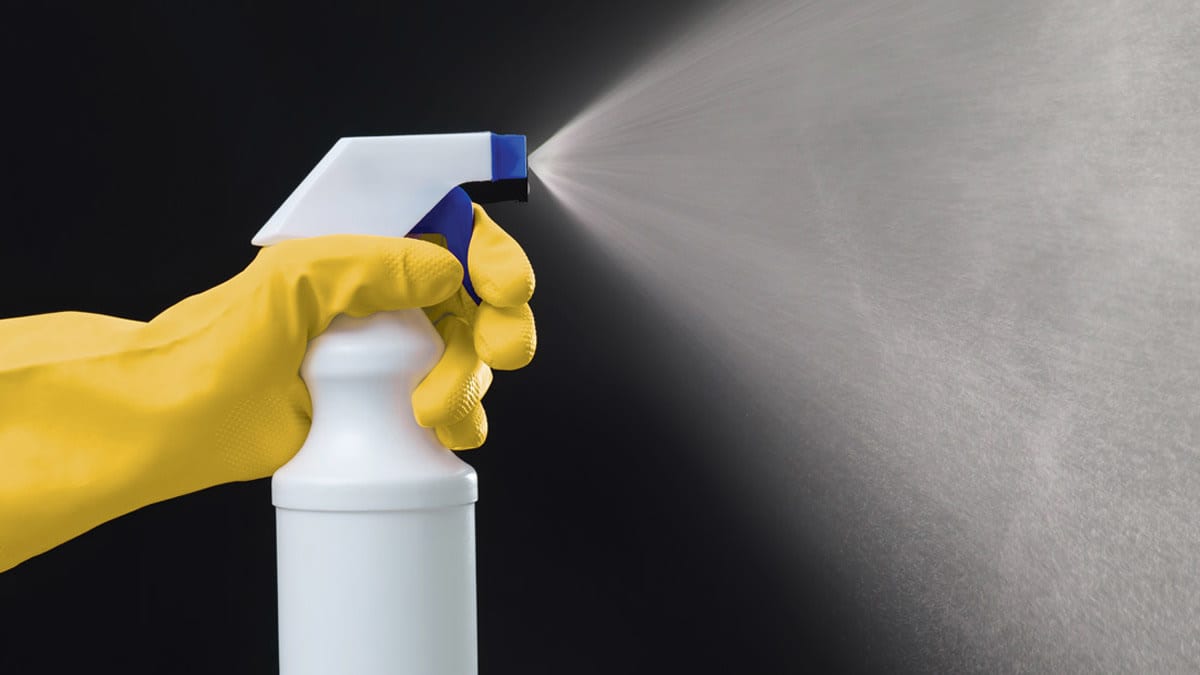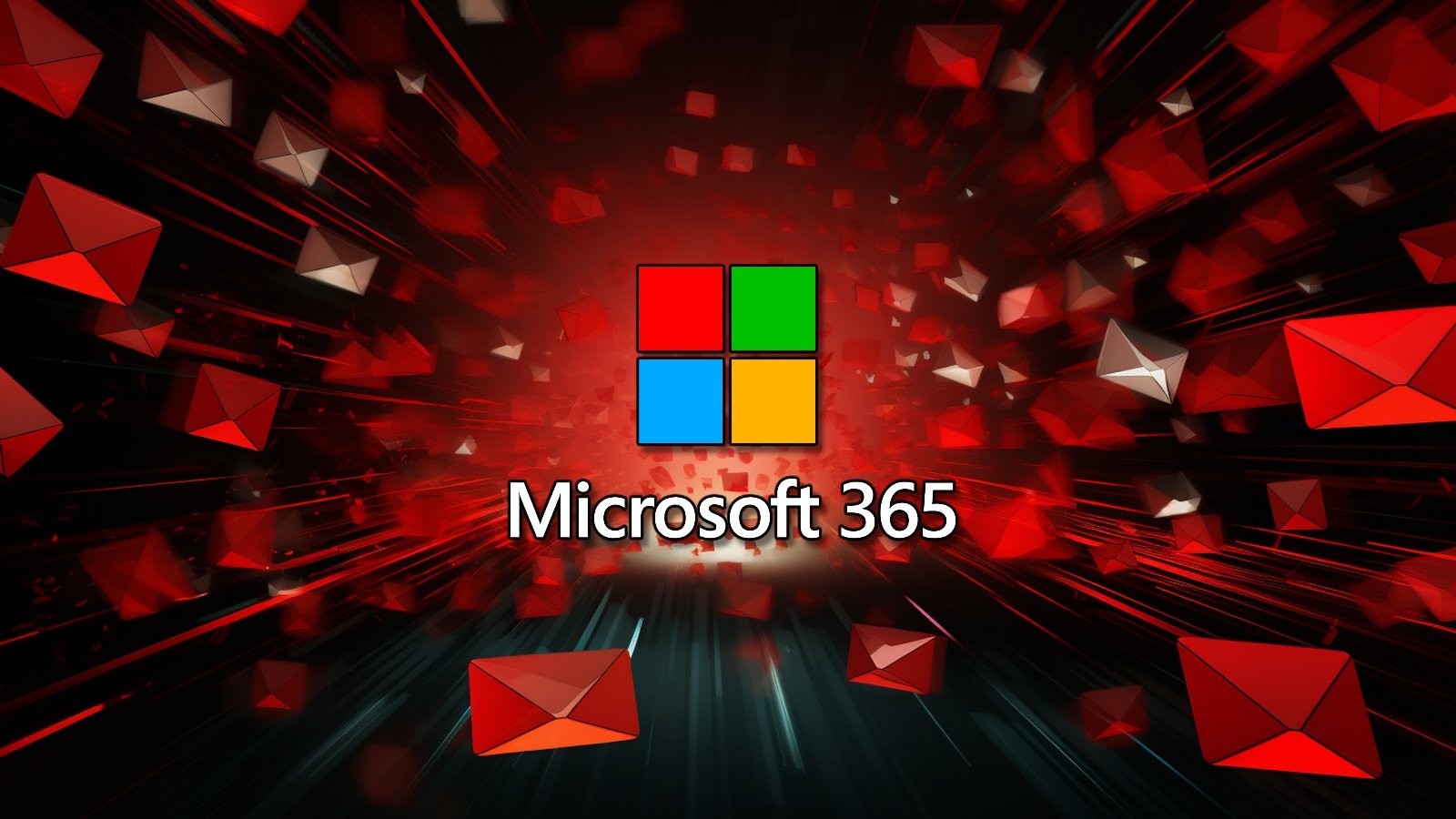
At first glance, vinegar may not seem like the strongest cleaner. “Vinegar is a weak acid,” says May Nyman, a professor of chemistry at Oregon State University, noting that it’s “even weaker than some of the sodas we drink.” But distilled white vinegar is great at descaling your coffee maker and leaving windows streak-free. When you pour vinegar on a hard-water deposit like calcium or magnesium, it lowers its pH values, making it dissolve more easily in water, according to Eric Beckman, a professor of engineering at the University of Pittsburgh.
However, vinegar doesn’t work its marvels on everything, and you may want to avoid using it on certain items and surfaces. “Just as it eats away at coffee stains, imagine it doing the same thing to other surfaces in your home,” says Joe Glajch, a chemist and owner of JLG AP Consulting.
Whether you’re gearing up for seasonal cleaning or just tackling a long overdue grout buildup, it’s worth heeding the advice below to keep your valuable appliances and other home fixtures in good condition. In addition to common household appliances and electronics, we’ll reveal which surfaces should be avoided when cleaning with distilled white vinegar.
Source link



